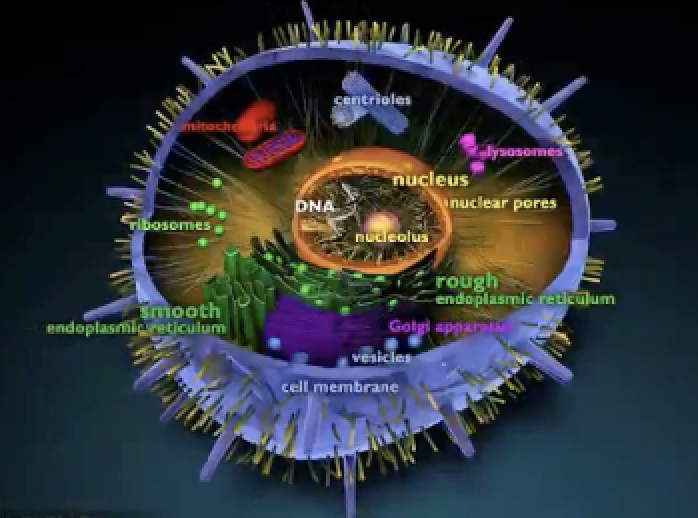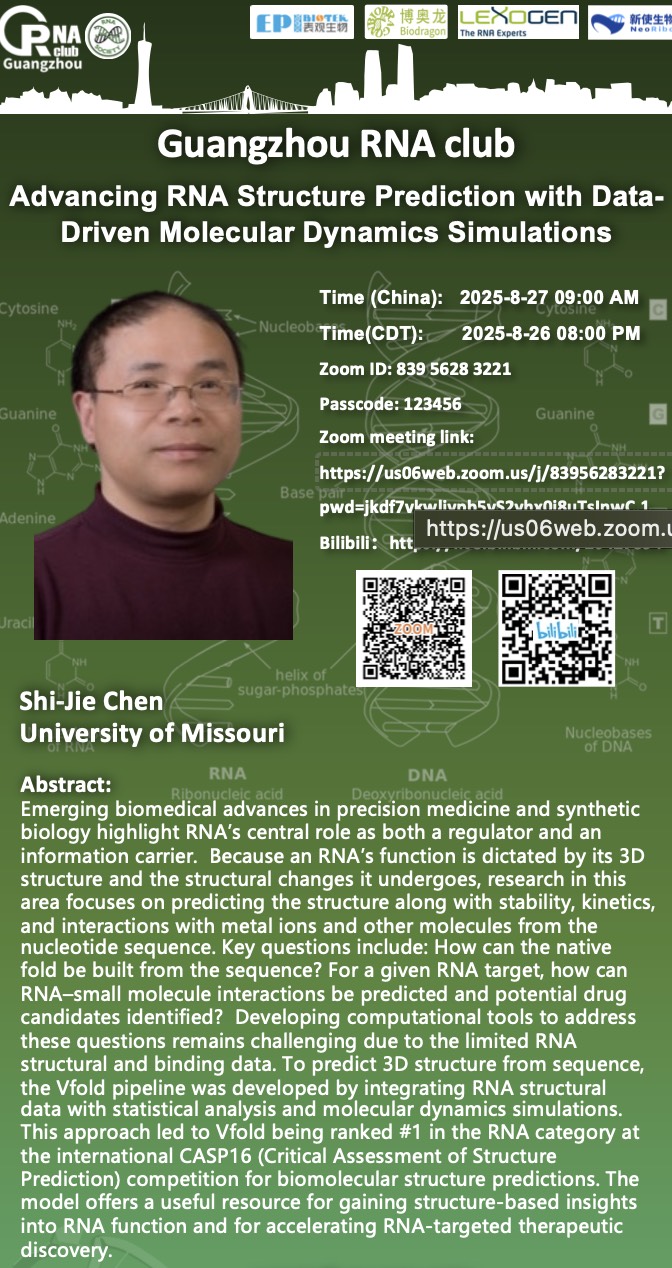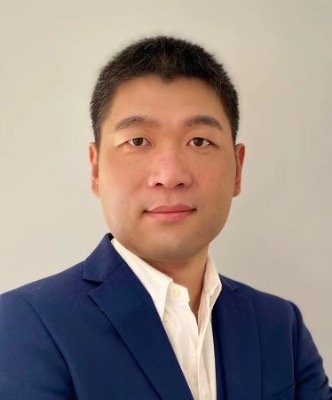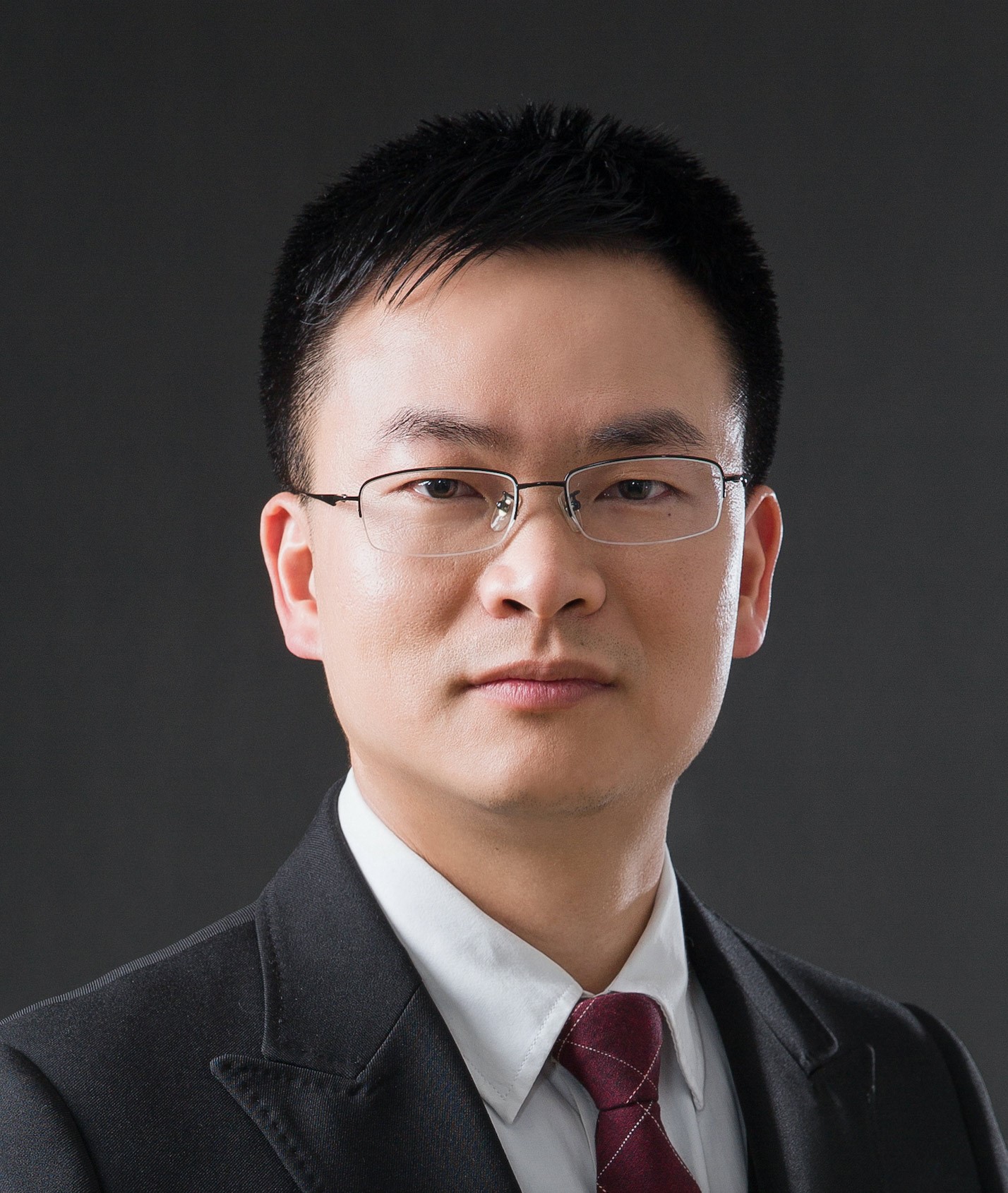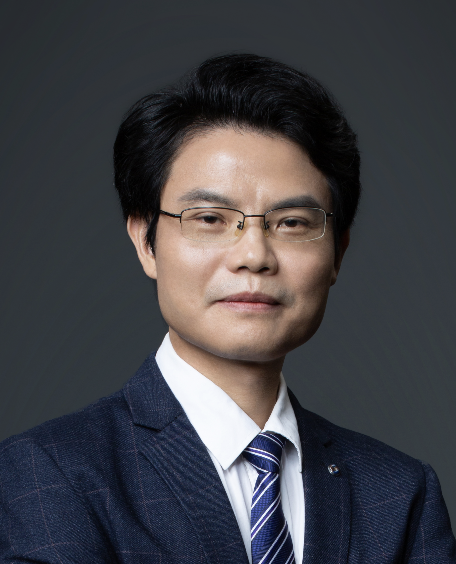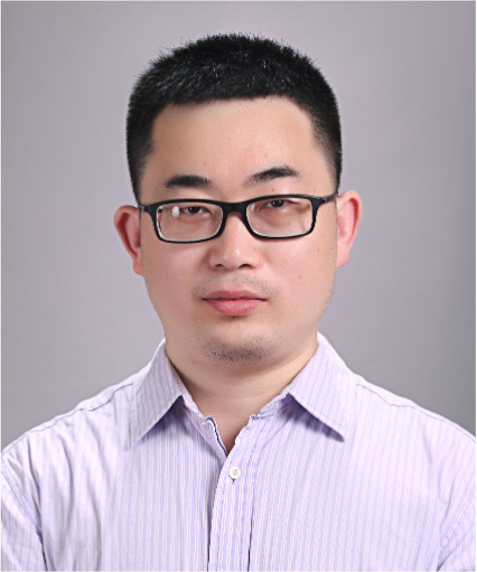Academic Salon
Guangzhou RNA club
We are a group of scientists who are interested in RNA. We promote new research from within the South China area and beyond, for the advancement of RNA science and training. Guangzhou RNA club (Seminars & Symposiums), aim to associate the RNA research society in South China with the global RNA SOCIETY.
(Click to find more open position to explore the RNA world...)
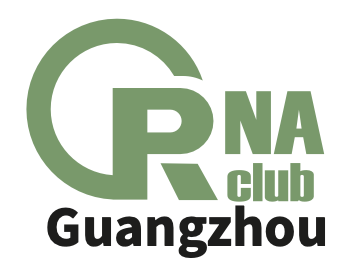 Guangzhou RNA club
Guangzhou RNA club

